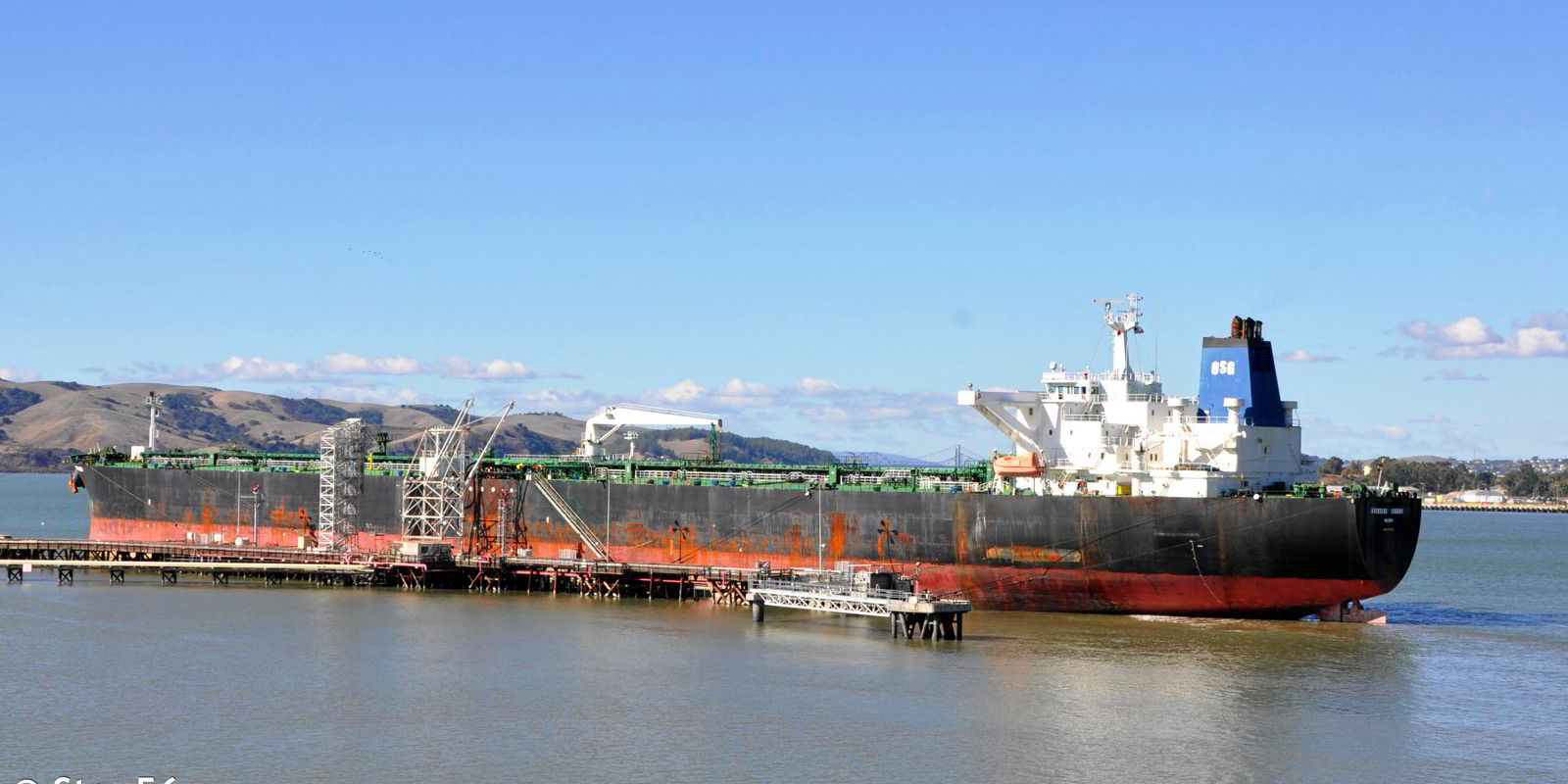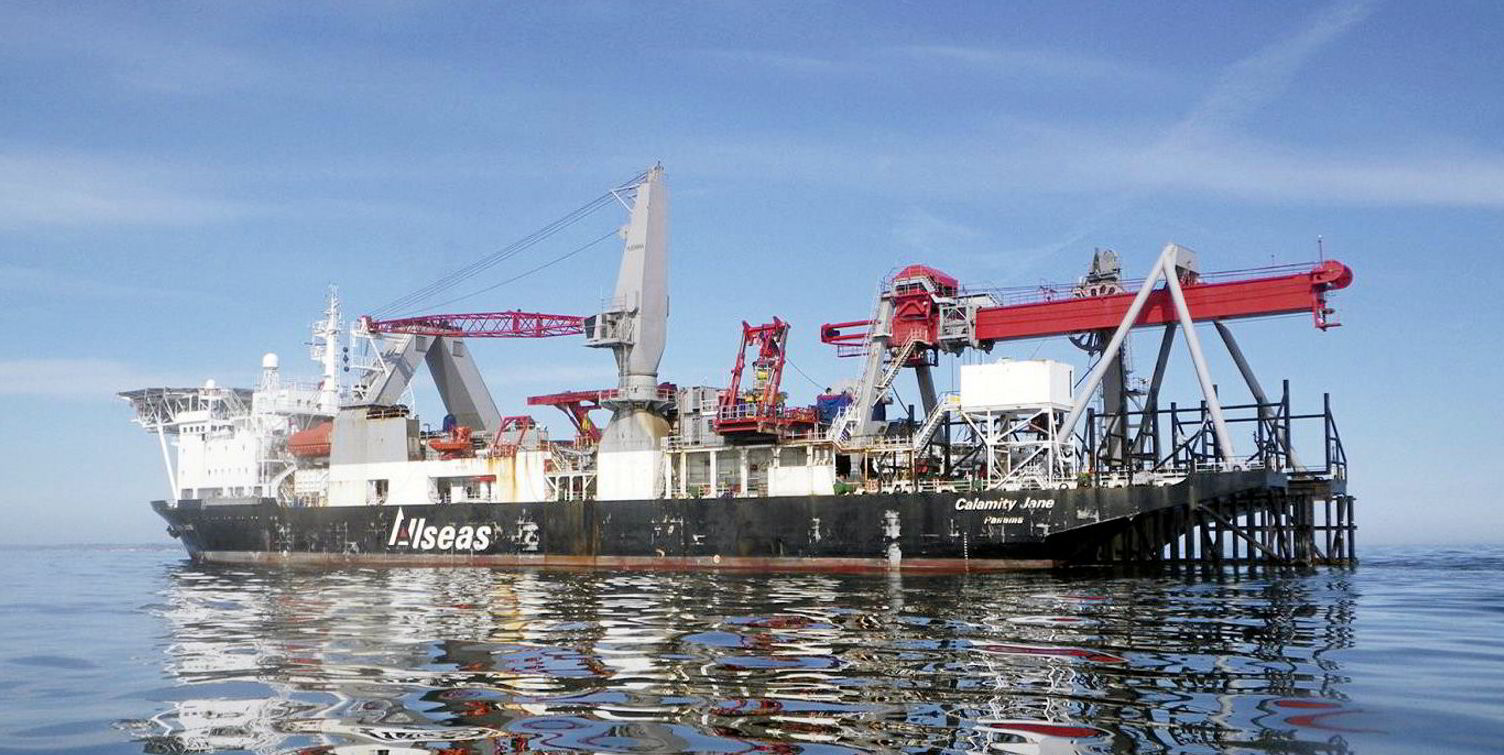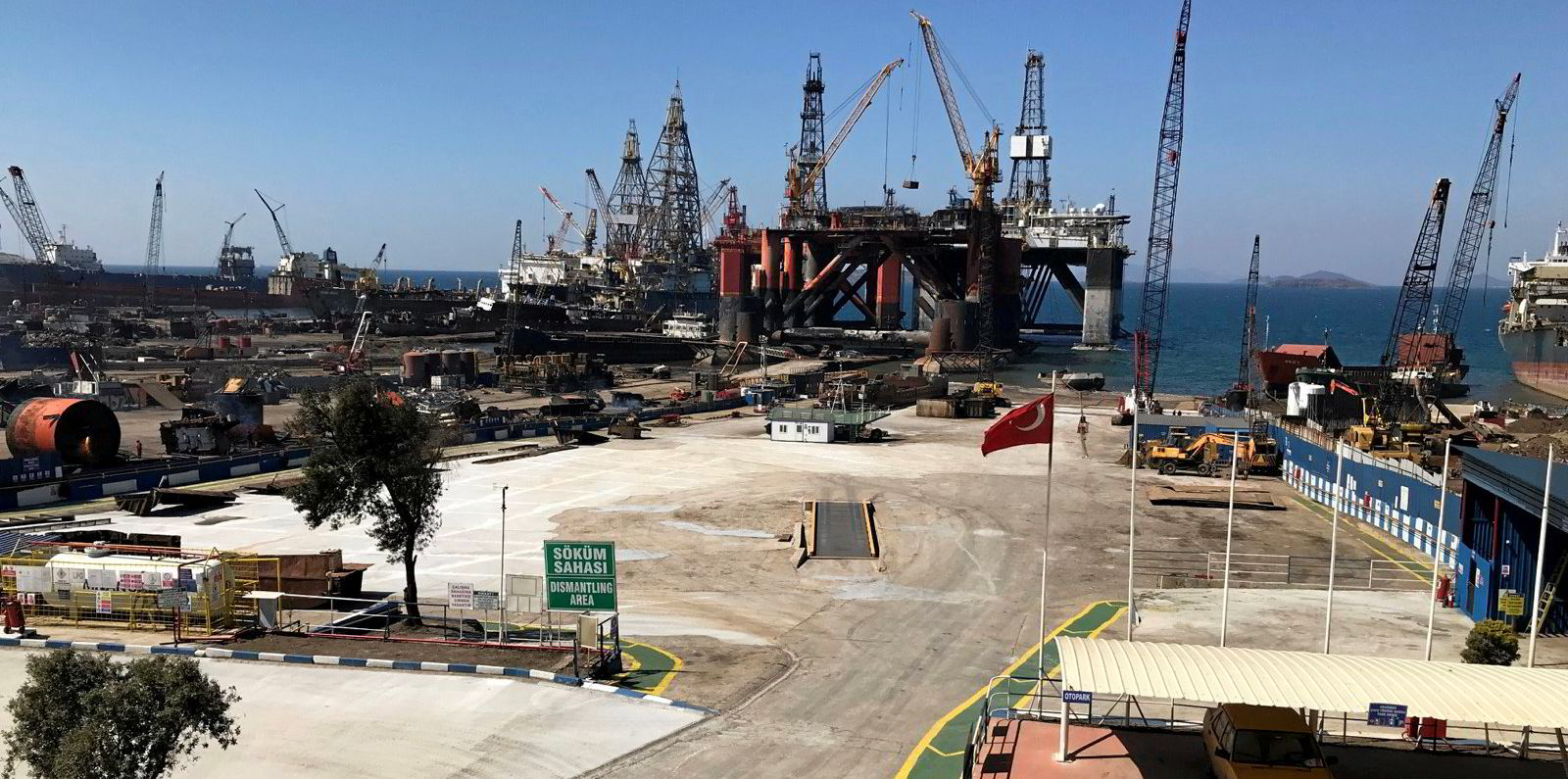Reported sale prices of aged tankers have edged closer to scrap values as the winter freight market turns out to be a disappointment for shipowners.
Japan’s Mitsui OSK Lines was said to be in discussions to sell the 300,700-dwt Selene Trader (built 2003) for between $23.5m and $24.4m. Some brokers said the vessel was already sold.
Also, Global United Shipping reportedly fetched $11.5m for its 152,900-dwt Sri Vishnu (built 2000) before the vessel’s special survey.
Brokers believe Chinese and Middle Eastern companies acquired the ships, but no firm information is available. MOL and Global United did not respond to emails seeking comment.
VesselsValue estimates the demolition value for the Selene Trader at $15.2m and the Scri Vishnu at $8.76m.
Narrowing, but still large gap
Tanker asset prices have fallen by about 30% since spring as freight market conditions weakened on the back of an Opec+ supply cut and weak oil demand during the coronavirus pandemic.
While some shipowners have been holding out for a seasonal demand upturn this quarter, spot rates have remained at multi-year lows amid limited transport demand and reduced requirements for floating storage.
Clarksons Platou Securities assessed global spot VLCC earnings at $10,600 per day, suezmax at $8,200 and aframax at $9,100 on Monday – all below the break-even levels for many owners.
“The fourth quarter is basically over. The fixing window is already getting close to January-loading cargoes for the VLCCs,” said a broker.
“Once owners realise the markets are going to be rubbish the first quarter as well, they will pick up the scrapping pace.”
Given that oil destocking is expected to take several quarters to complete, many analysts reckon that the freight market will only experience a sustainable recovery when large scale scrapping occurs.
Historically, shipowners tend to send their vintage assets to junkyards when secondhand prices for aged vessels are close to scrap values.
Demolition rates have recovered by about 20% since the second quarter, with South Asian recyclers resuming operations following disruptions caused by Covid-19.
“Scrap price levels across the Indian subcontinent are continuing to improve, particularly in India as recyclers are becoming more competitive for tonnage,” Clarksons Research said in a note.
“The feeling amongst some of the more established recyclers is one of optimism, with many predicting that these firmer prices should last until the spring.”
But others said demolition rates are still too low to incentivise scrapping for tanker owners, with many little-known firms thought to be willing to acquire vintage assets for Iranian or Venezuelan trade.
“The secondhand value is still way more than demolition,” said a broker.






